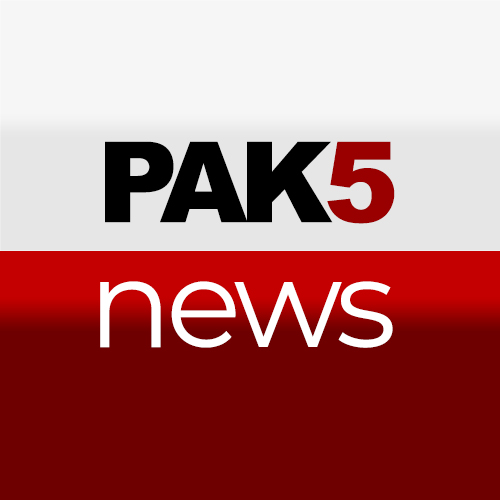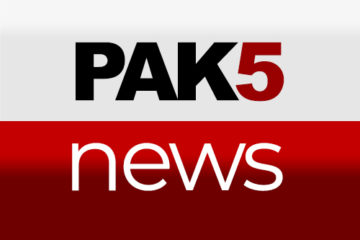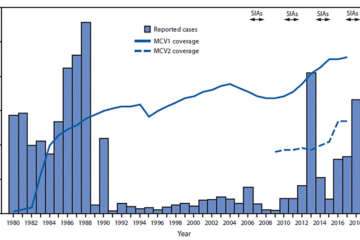Why does Pakistan fear another COVID wave? – DW (English)

PAK 5 NEWS
Health experts are warning of a new surge ahead of Eid al-Adha celebrations. They say the holiday could fuel a new coronavirus wave as cases in Pakistan are already on the rise.
Experts have warned that another surge in coronavirus cases in Pakistan could overburden the country’s already fragile health care system. They expect the wave to be coincident with the Muslim festival of Eid al-Adha, which takes place this weekend.
The country’s National Command and Operation Center (NCOC), which aims to manage the virus, on Tuesday issued a new set of guidelines amid fears of a new rise in cases, requesting that people use face masks and practice social distancing.
Eid prayers will be organized in open spaces “under stringent COVID protocols,” the NCOC said.
According to the data released by the National Institute of Health Islamabad (NIH), Pakistan on Monday recorded 675 new cases and a rate of positive cases from people tested of 4.61%, marking a substantial increase from the past months.
Just a month ago, the positive percentage of tests was just 0.54% with only 79 cases and no deaths.
According to official data, Pakistan has recorded over 1.5 million confirmed cases and more than 30,400 deaths since the start of the pandemic.
Officials call for holiday caution
According to the NIH, 85% of the eligible population have been fully vaccinated against the virus.
Federal Health Minister Abdul Qadir Patel, meanwhile, urged people to remain at home during the Eid holidays to curb the spread of the virus.
“Be careful during upcoming Eid holidays. Follow SOPs [standard operating procedures] and save yourself, your friends and families from sickness. Prevent what you can and let the state worry about other health issues,” President Arif Alvi wrote on Twitter.
“The quick transmission is indicating that we have just entered into the sixth wave of this deadly virus,” Dr. Qaiser Sajjad, secretary-general of the Pakistan Medical Association, told DW.
“The primary concern is that the asymptomatic people are the dangerous carriers and transmitters,” he added.
However, the government believes that the “situation is under control and there is no need to enforce a lockdown in the country,” Federal Health Minister Patel said.
Health experts say that there is a lack of awareness of the virus and that people are not taking the situation seriously as millions prepare to attend community prayers at mosques this weekend.
Disregard for precautionary measures
“There is huge mistrust between the government and public on the communication of messages and people not responding to authoritarian messages,” Dr. Fareeha Irfan, a public health physician and expert in health policy and management, told DW.
“Masks were dropped as early as June and July 2020 in public offices. Meetings shown on TV without masks prompted people to ignore the precautions,” Irfan added.
The rapid increase in cases in Karachi, the largest city, over the last weeks has also alarmed experts and spurred officials to rethink their lockdown strategy.
The positive test rate in Karachi is currently at 21%, with 456 new cases reported on Monday.
Pakistan’s aviation regulatory authority recently made masks compulsory during domestic flights in the wake of the recent surge in Karachi.
“There is an urgent need to take precautionary measures and avoid gatherings on this Eid. The testing ratio is quite low, and I fear that the positive rate in Karachi is [actually] around 35%, which could throw the country into a new health crisis,” warned Sajjad.
“In this new wave there is a trajectory towards a doubling of cases. It’s a strong possibility that we will see an alarming situation and rise in cases if people do not stop being careless,” said Irfan.
Edited by: Leah Carter









